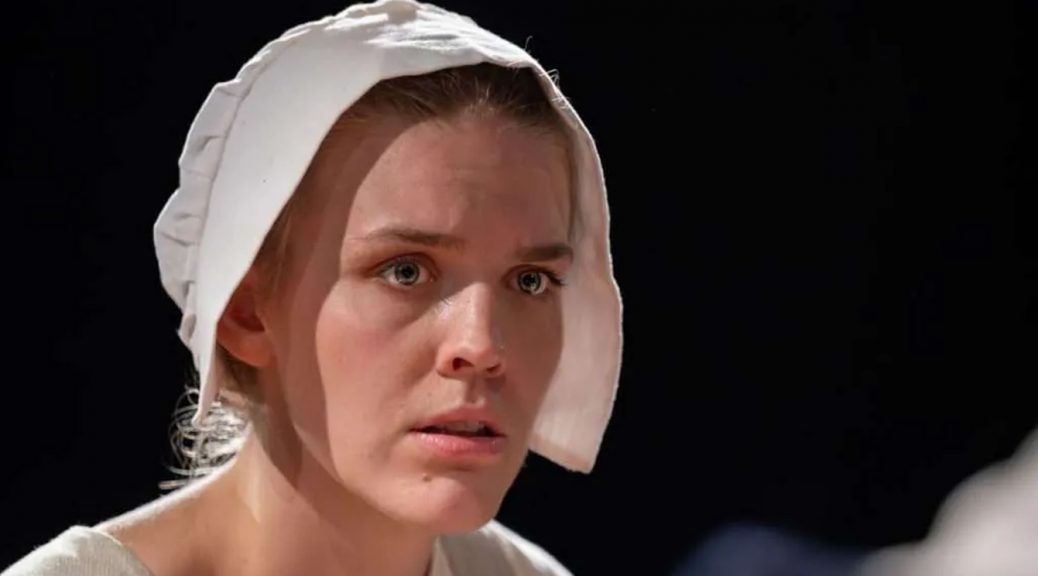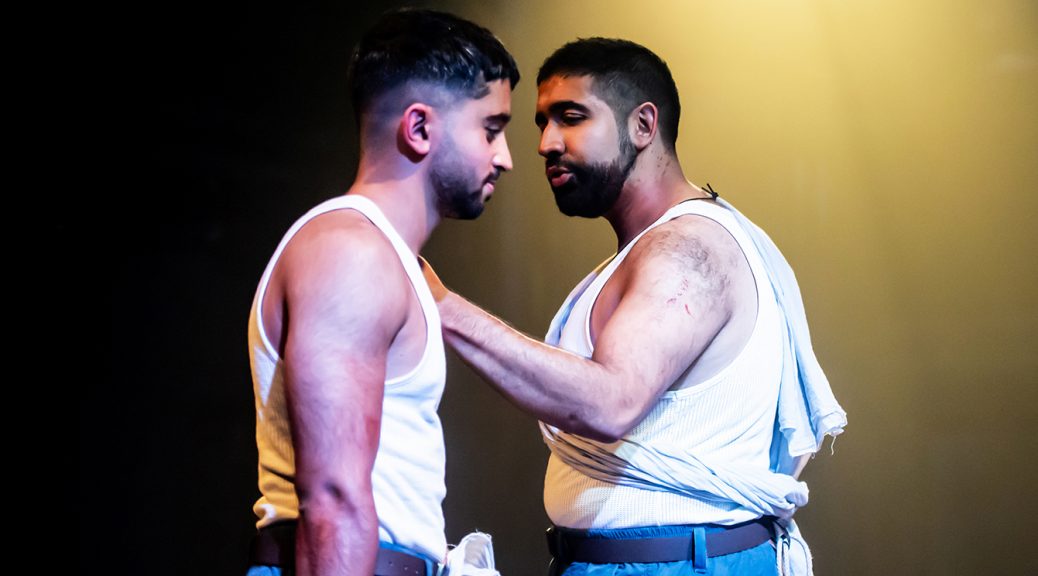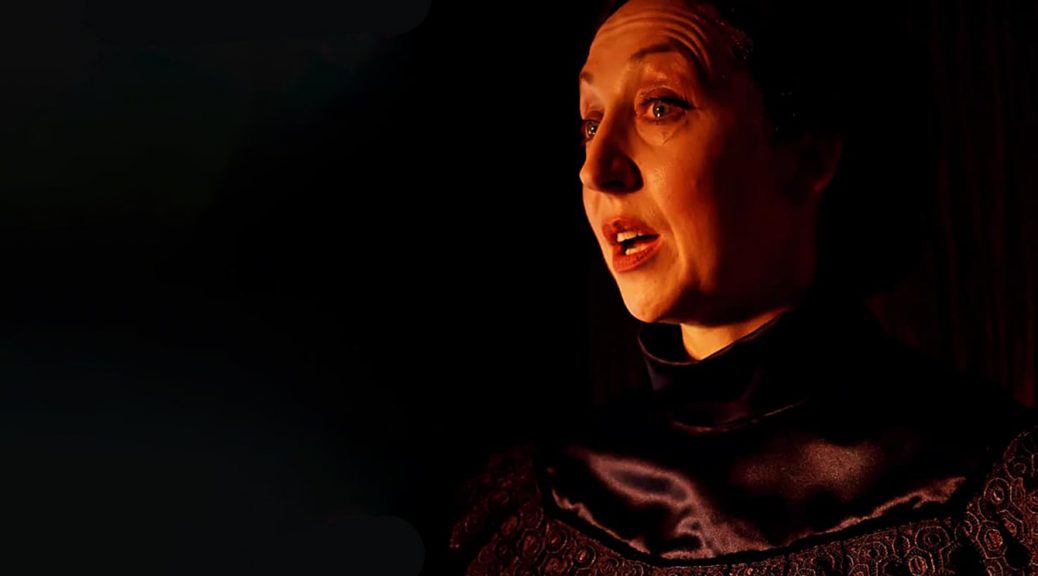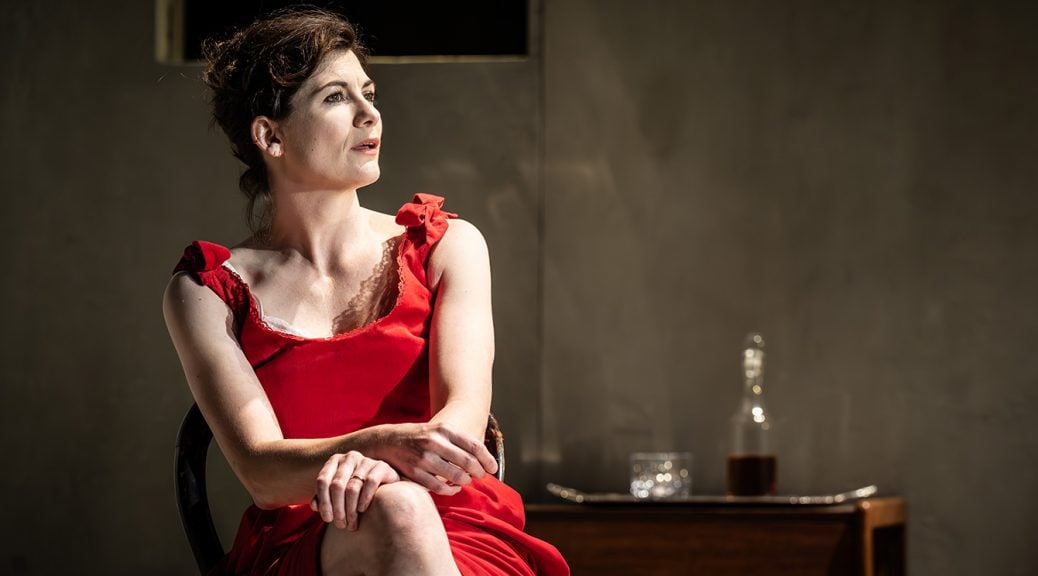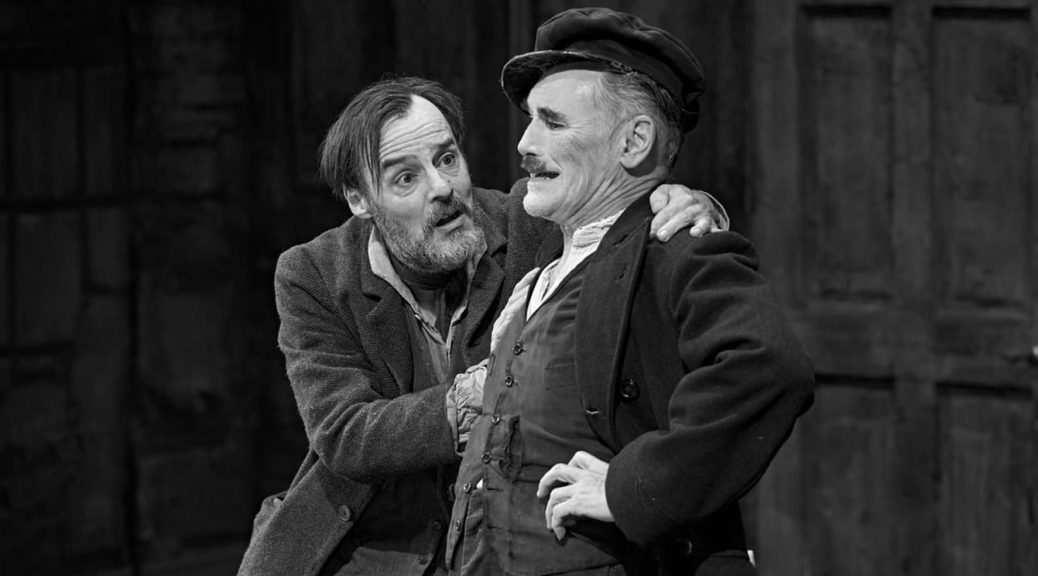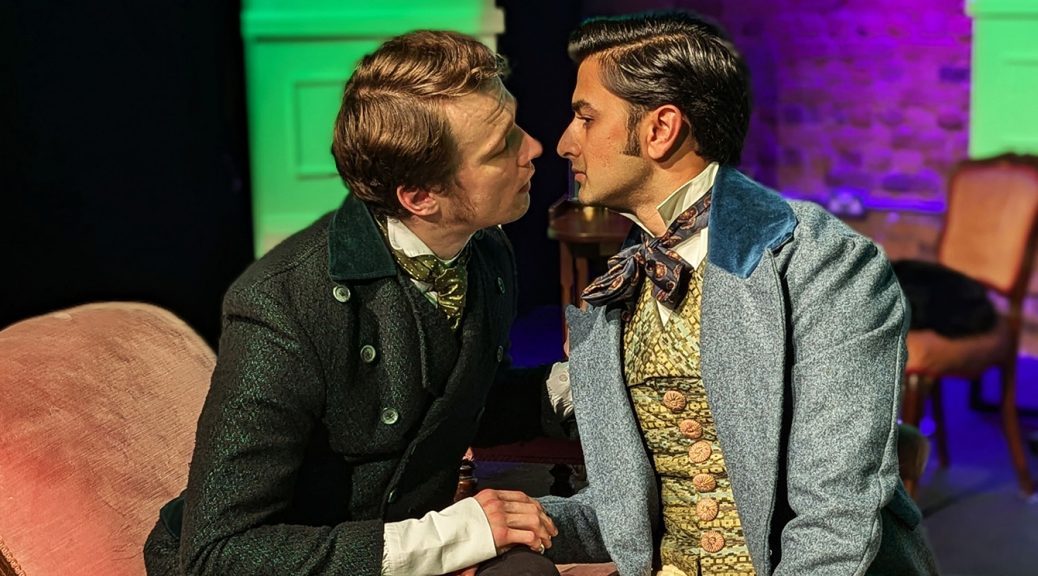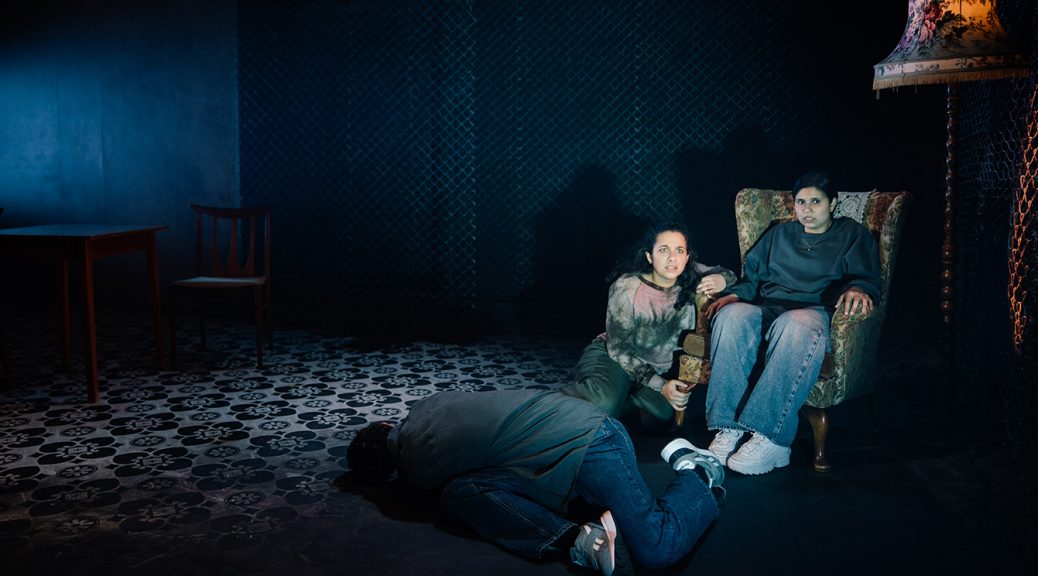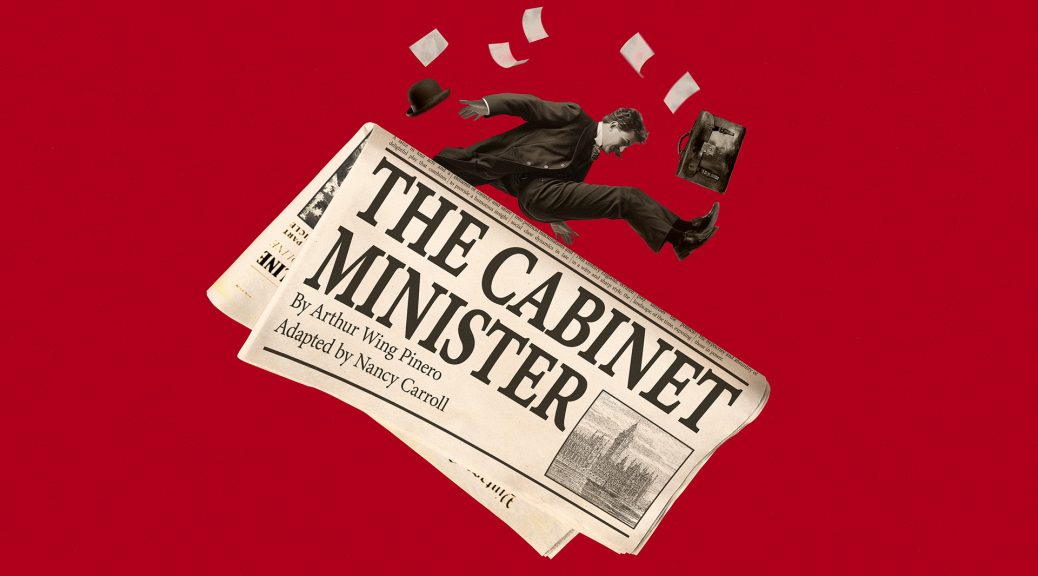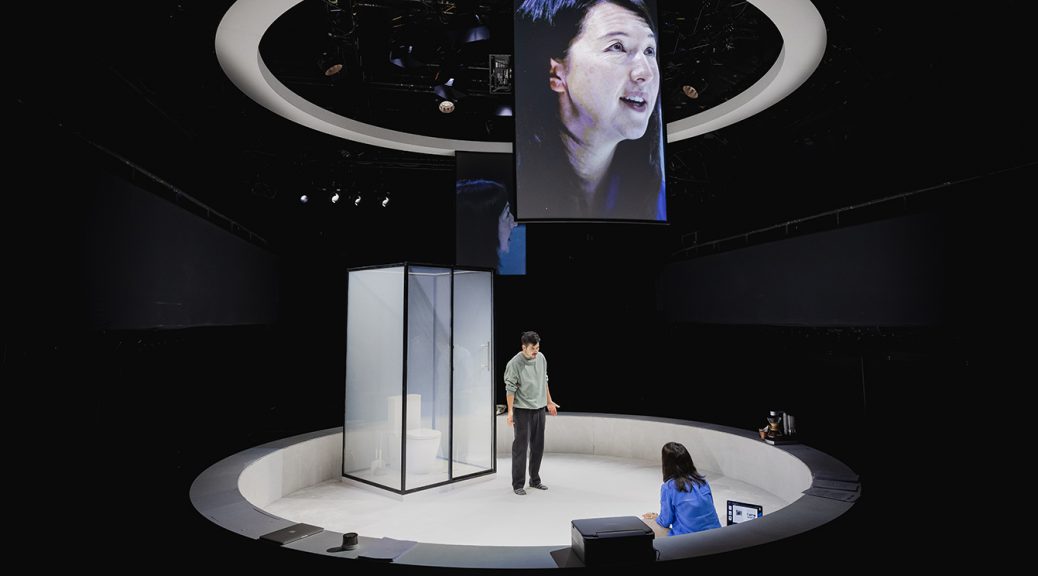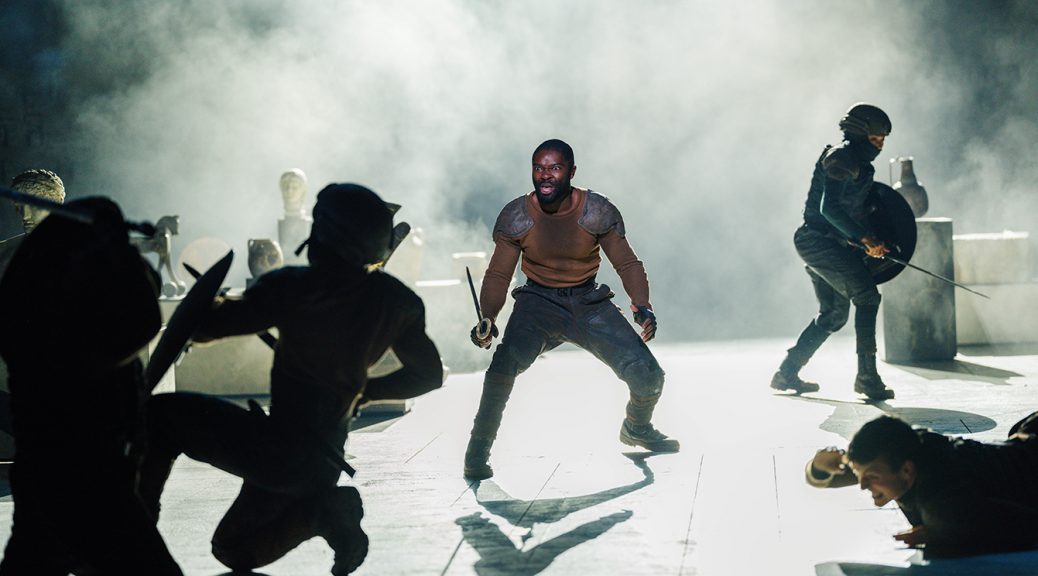Witches often make good drama and Joanna Carrick’s new play, set in 1645, is part of a trend to intelligently appraise the phenomena. The focus is a family who think of themselves as the victims of witchcraft – parents who have lost their children and a troubled youth who becomes radicalised into a self-appointed ‘witch finder general’.
Carrick also directs, and shows great skill dealing with the period and the play’s basis in fact. The dialogue is treated lightly and convinces as a result. It isn’t easy to show Puritans on stage nowadays, but the cast – Nadia Jackson, Christopher Ashman and Vincent Moisy, who play wife, husband and brother respectively – all bring sincerity to their characters’ religious convictions. Faith is part of the everyday life of the household, and it is easy to see how it comes to influence them.
Time is taken over events. The couple, Susan and Richard, are suspicious about supernatural claims and at first try to calm their younger relation, Matthew. Jackson and Ashman have great chemistry and scenes of their courtship are charming. Moisy endears as a stuttering young man lacking confidence. It’s only when grief overtakes the family, with superb scenes for Jackson, that they become susceptible to superstition. The Ungodly isn’t spooky… it’s sad. And scary because we see what happens to these good people.

We do get to meet a real victim – a small but smashing part for Rei Mordue as a young girl accused of witchcraft. There are powerful interrogation scenes, and some big themes of justice and revenge tackled with skill. Moisy might hold back more, but the confusion and dynamism of the ‘investigation’ in progress is handled expertly. Jackson shows Susan consumed with anger, while Ashman has Richard struggling to retain his sense of self.
The Ungodly takes a far more ‘traditional’ approach to its subject than the recent Gunter, produced by Dirty Hare. As with another show from earlier this year, Talene Monahon’s The Good John Proctor, the play owes a good deal to Arthur Miller’s The Crucible. But this is all good company to keep. Carrick’s historical drama feels deep and deserves praise.
Until 16 November 204
Photos by Bernie Totten

